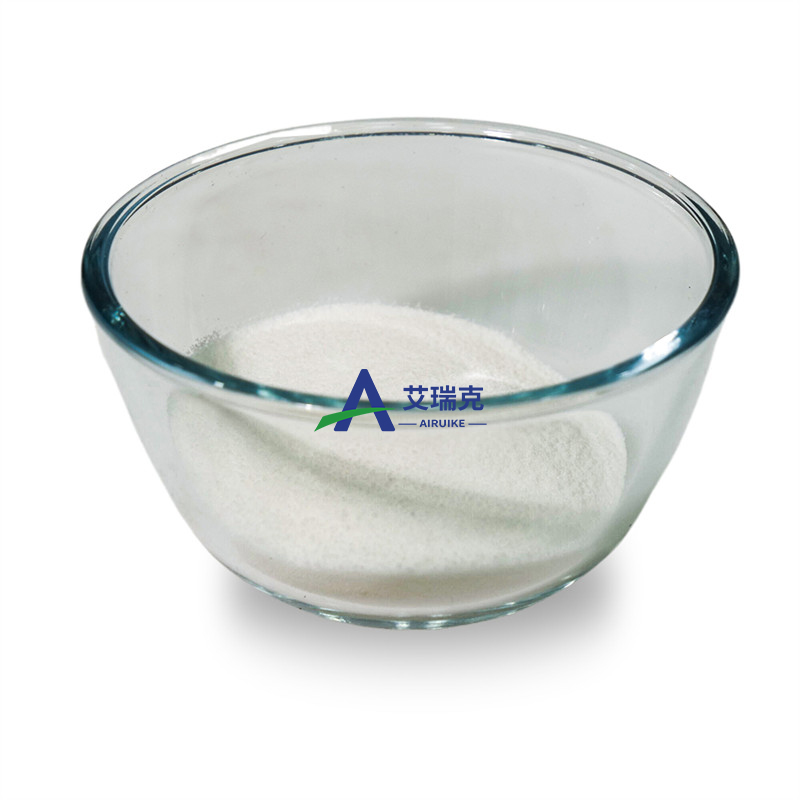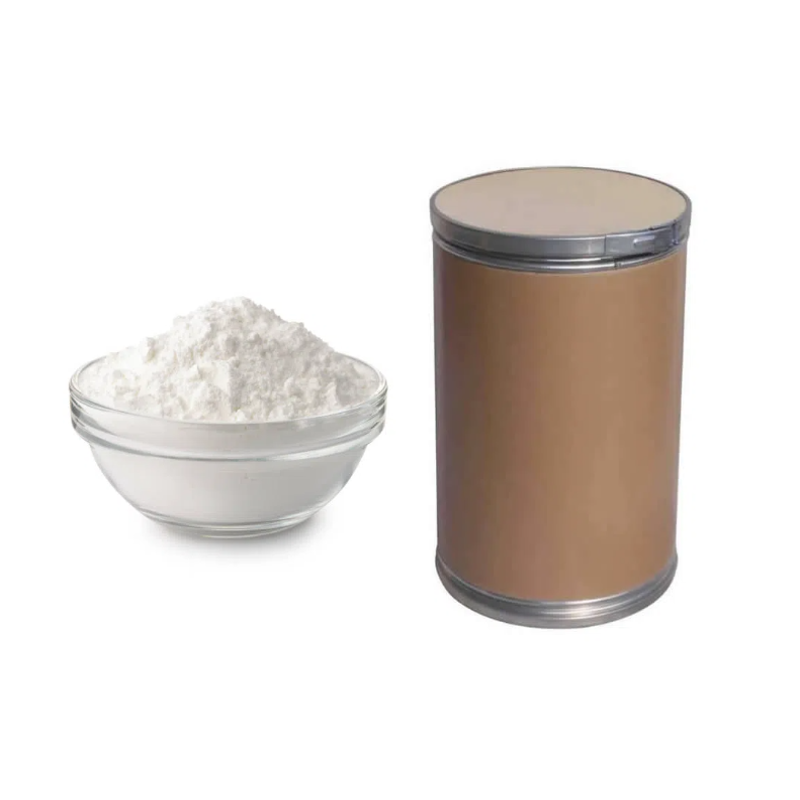-
Categories
-
Pharmaceutical Intermediates
-
Active Pharmaceutical Ingredients
-
Food Additives
- Industrial Coatings
- Agrochemicals
- Dyes and Pigments
- Surfactant
- Flavors and Fragrances
- Chemical Reagents
- Catalyst and Auxiliary
- Natural Products
- Inorganic Chemistry
-
Organic Chemistry
-
Biochemical Engineering
- Analytical Chemistry
-
Cosmetic Ingredient
- Water Treatment Chemical
-
Pharmaceutical Intermediates
Promotion
ECHEMI Mall
Wholesale
Weekly Price
Exhibition
News
-
Trade Service
Click on the blue text above and follow us on the intestinal microbes that we receive androgen deprivation therapy (ADT) to treat patients with advanced prostate cancer, and similar mouse models that can produce androgens that circulate in the body
.
This discovery by Nicolò Pernigoni and colleagues can help explain why some patients develop ADT resistance and design treatments for the gut microbiota to overcome this resistance
.
Androgens promote the growth of prostate tumor cells, and ADT is the most commonly used treatment for patients with advanced prostate cancer
.
However, patients usually develop resistance to ADT, leading to tumor growth and poor prognosis
.
Pernigoni et al.
found that androgens in prostate cancer patients and mouse models limit the proliferation of specific intestinal bacteria that can synthesize androgens, leading to continued tumor growth in mice
.
Using antibiotics to kill bacteria in the intestines of mice can delay ADT resistance
.
The researchers also found that fecal transplants from patients and mice that are still sensitive to ADT can control tumor growth in drug-resistant mice
.
John McCulloch and Giorgio Trinchieri discuss these results in related literature
.
Welcome to pay attention to Science's official public account.
Click "Read the original text" below to visit the English original text of this issue of Science.
.
This discovery by Nicolò Pernigoni and colleagues can help explain why some patients develop ADT resistance and design treatments for the gut microbiota to overcome this resistance
.
Androgens promote the growth of prostate tumor cells, and ADT is the most commonly used treatment for patients with advanced prostate cancer
.
However, patients usually develop resistance to ADT, leading to tumor growth and poor prognosis
.
Pernigoni et al.
found that androgens in prostate cancer patients and mouse models limit the proliferation of specific intestinal bacteria that can synthesize androgens, leading to continued tumor growth in mice
.
Using antibiotics to kill bacteria in the intestines of mice can delay ADT resistance
.
The researchers also found that fecal transplants from patients and mice that are still sensitive to ADT can control tumor growth in drug-resistant mice
.
John McCulloch and Giorgio Trinchieri discuss these results in related literature
.
Welcome to pay attention to Science's official public account.
Click "Read the original text" below to visit the English original text of this issue of Science.







